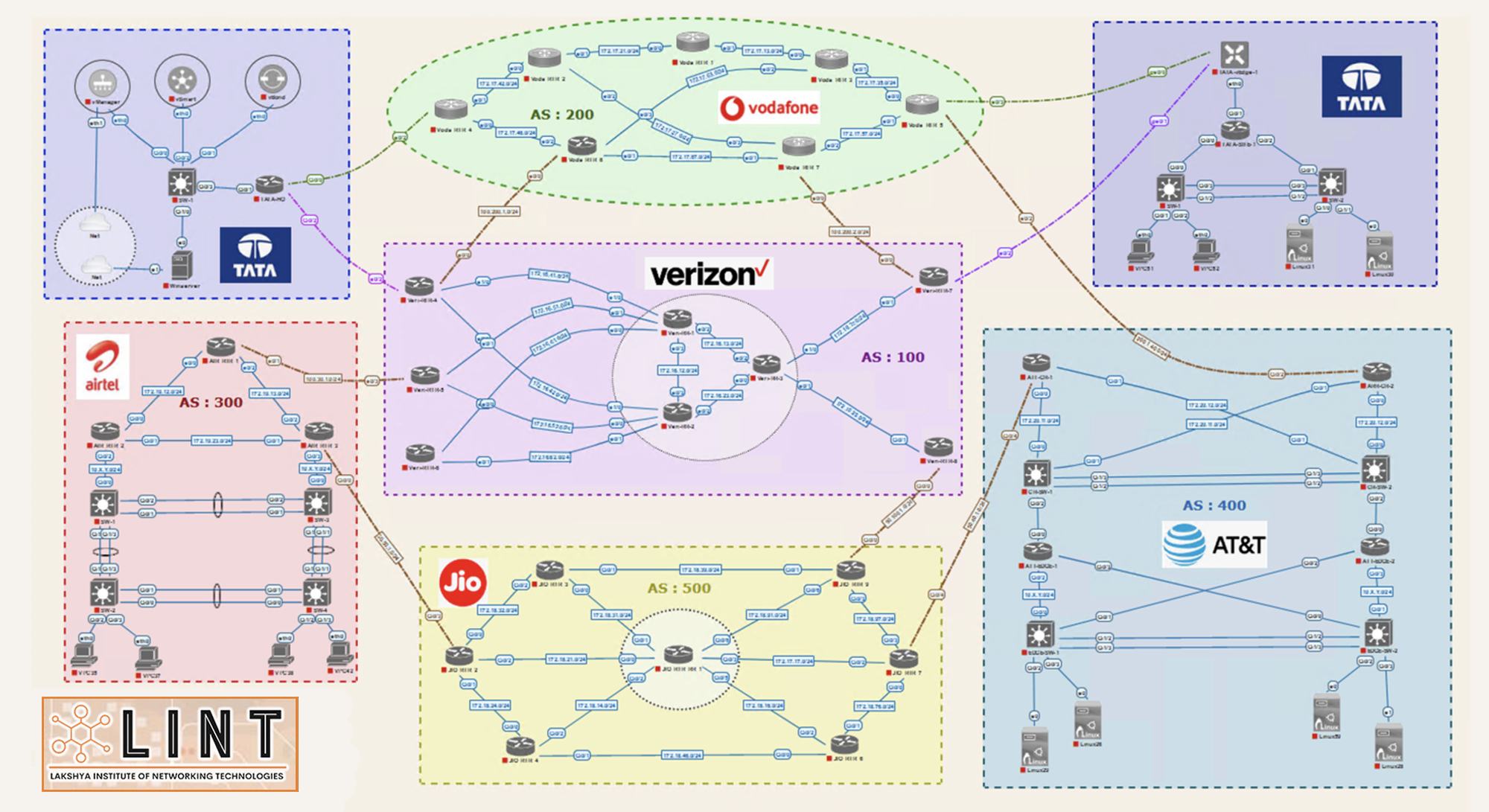Cloud Engineer Program
Cloud Engineers play a pivotal role in designing, implementing, and maintaining cloud infrastructure and services to support the organization’s IT operations. Cloud Engineers play a critical role in leveraging cloud technologies to drive innovation, agility, and scalability in the organization’s IT infrastructure and operations. They ensure that cloud solutions are secure, reliable, and cost-effective to meet the organization’s business objectives. Here are some key responsibilities typically associated with this role:

Cloud Architecture Design: Cloud Engineers design and architect cloud solutions based on the organization’s requirements, including scalability, performance, security, and cost-effectiveness. They select appropriate cloud platforms (e.g., AWS, Azure, Google Cloud) and services to meet business needs.
Cloud Infrastructure Provisioning: They provision and configure cloud resources such as virtual machines, storage, networking, and databases to support the organization’s applications and workloads. Cloud Engineers leverage Infrastructure-as-Code (IaC) tools (e.g., Terraform, AWS Cloud Formation) to automate resource deployment and management.
Identity and Access Management (IAM): Cloud Engineers implement IAM solutions to manage user identities, access controls, and permissions in the cloud environment. They configure roles, policies, and authentication mechanisms to ensure secure and compliant access to cloud resources.
DevOps Integration: Cloud Engineers collaborate with DevOps teams to integrate cloud infrastructure and services into CI/CD pipelines and workflows. They implement Infrastructure-as-Code (IaC) practices, containerization (e.g., Docker, Kubernetes), and continuous deployment techniques to accelerate application development and deployment in the cloud.
Talk to Our Consultant 89393 11044 89396 11044



Book Your Free Demo
Experience our Virtual Lab
Backup and Disaster Recovery: Cloud Engineers design and implement backup and disaster recovery solutions to protect against data loss and ensure business continuity in the cloud environment. They develop backup strategies, configure data replication and test disaster recovery plans to minimize downtime and data loss.
Cost Management: They monitor and optimize cloud spending to ensure cost-effective usage of cloud resources. Cloud Engineers analyze usage patterns, identify cost-saving opportunities, and implement cost management strategies (e.g., reserved instances, spot instances, resource tagging) to optimize cloud spending.
Security and Compliance: They implement security controls and measures to protect cloud resources from cyber threats and vulnerabilities. Cloud Engineers configure firewalls, security groups, encryption, and logging to enforce security policies and compliance requirements (e.g., GDPR, HIPAA, PCI DSS).
Monitoring and Performance Optimization: Cloud Engineers deploy monitoring and logging solutions to monitor the performance, availability, and health of cloud resources and applications. They analyze metrics, logs, and alarms to detect and diagnose performance issues, optimize resource utilization, and improve system reliability.
Automation and Orchestration: They automate routine tasks and workflows using cloud-native automation tools (e.g., AWS Lambda, Azure Automation) and scripting languages (e.g., Python, PowerShell). Cloud Engineers develop automation scripts and workflows to streamline the provisioning, configuration, and management of cloud resources.
Courses covered in Cloud Engineers program:
AWS : AWS is a leading cloud services provider, and its certifications are widely recognized in the IT industry. AWS training includes a mixture of Infrastructure-as-a-Service (IaaS), Platform-as-a-Service (PaaS), and Software-as-a-Service (SaaS) offerings. The AWS Certified Solutions Architect Associate Certification course is a beginner-level course which provides cloud computing services and deals with the study of designing, deploying, and evaluating applications on AWS within diverse and complex requirements.
Microsoft Azure : Microsoft Azure offers a range of training courses to help individuals build their skills and knowledge in various areas of cloud computing. The objectives of Azure courses can vary based on the specific course and the certification or skill level it targets. Azure training is also commonly used as a platform for teaching the hosting databases in the cloud. Microsoft Azure course is one of several major public cloud service providers operating on a large global scale.
GCP : GCP is a global cloud provider with data centers around the world. GCP courses help individuals understand how to deploy applications globally, ensuring low-latency access for users. It validates your understanding of cloud concepts regarding products, services, tools, features, benefits, and use cases of Google Cloud by dealing with the concepts like resource monitoring, load balancing, auto scaling, cloud migrations, etc.
